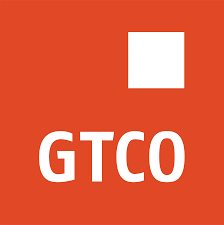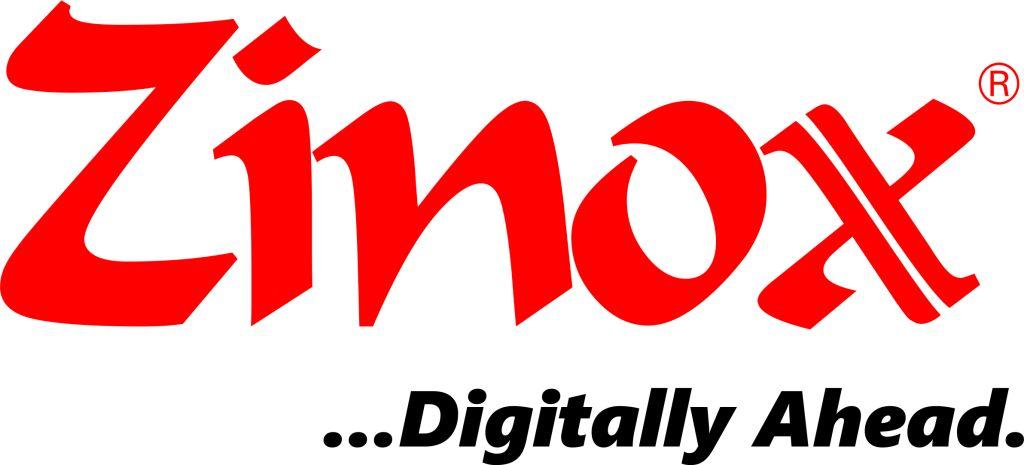GTCO released Q1-2022 earnings after the close of trading earlier this week (26th of April), which showed that the bank recorded a growth in the gross earnings, however, the trickle-down to the bottom-line was pressured by a significant increase in operating expenses. Consequently, the bank recorded a decline in EPS to NGN1.51 (-5.6% vs Q1-2021), as operating efficiency (cost-to-income ratio) deteriorated to 47.0% relative to 42.7% in Q1-21 and 40.0% 5-yr average to FY-21.
Interest income grew by 17.1% y/y to NGN70.64 billion, driven higher income from loans and advances to customers (+14.8% y/y), investment securities (+22.4% y/y), and cash (+45.9% y/y). All of these masked the lower interest income from loans and advances to banks (-5.4% y/y). The growth in income from loans to customers was supported by the increased risk asset creation (+4.8% y/y to NGN1.72 trillion) over the corresponding period of the prior year. In addition, higher yield on assets also came into play and was responsible for the increased income from investment securities.
Elsewhere, interest expense increased significantly on a year-on-year basis by 70.7% to NGN13.44 billion. This may be related to the significant increase in deposits from customers by 12.2%, as the bank likely accumulated higher-cost long-term deposits to fund long-term asset creation. While the pace of growth in funding cost outpaced interest income, the nominal growth was able to drive net interest income upwards by 9.1% y/y to NGN57.20 billion. Thereafter, the significant decrease in credit impairment charges (-35.0% y/y) moderated the impact on net interest income ex LLE (+10.7% y/y).
Growth in non-interest income (NII) was strong during the period, edging 8.1% higher y/y to NGN46.37billion, despite significantly lower FX revaluation gains (-86.2% y/y), given substantial growth across all other contributory lines – net fees and commission income (+28.4% y/y to NGN18.76 billion); net gains on investment securities (+51.6% y/y to NGN2.10 billion); net foreign exchange trading gain (+76.7% y/y to NGN13.20 billion). Given the impressive support from NII, operating income settled higher by 9.5% y/y to NGN102.37billion.
Operating expenses expanded by 20.9% y/y to NGN48.08 billion, with the most pressures exerted by regulatory charges – NDIC insurance premium (+43.9% y/y to NGN12.24 billion), AMCON levy (+27.3% y/y to NGN21.89 billion), Administrative, communications and sponsorship related expense (+137.5% y/y to NGN3.81 billion), and Human capital related expenses (715.0% y/y to NGN1.39 billion). This pressured the trickle-down impact of the growth in operating income to the bottom-line, as profit-before-tax settled 1.1% higher year-on-year.
Comment: The deterioration of the bank’s operational efficiency is a cause for concern, and we will seek management explanation as to the causes, although on first impression they seem to be one-off costs likely related to the conclusion of the acquisition of Investment One’s pension and Fund businesses. On the positives, the return to growth from core banking operations is positive and should be sustained through the year, and propel the bank to more positive performance in this financial year, while the sustainability of NII growth is applaudable. We remain cautiously optimistic on medium term earnings and will seek guidance as to the pressure points in the year so far. Our estimates are under review.









